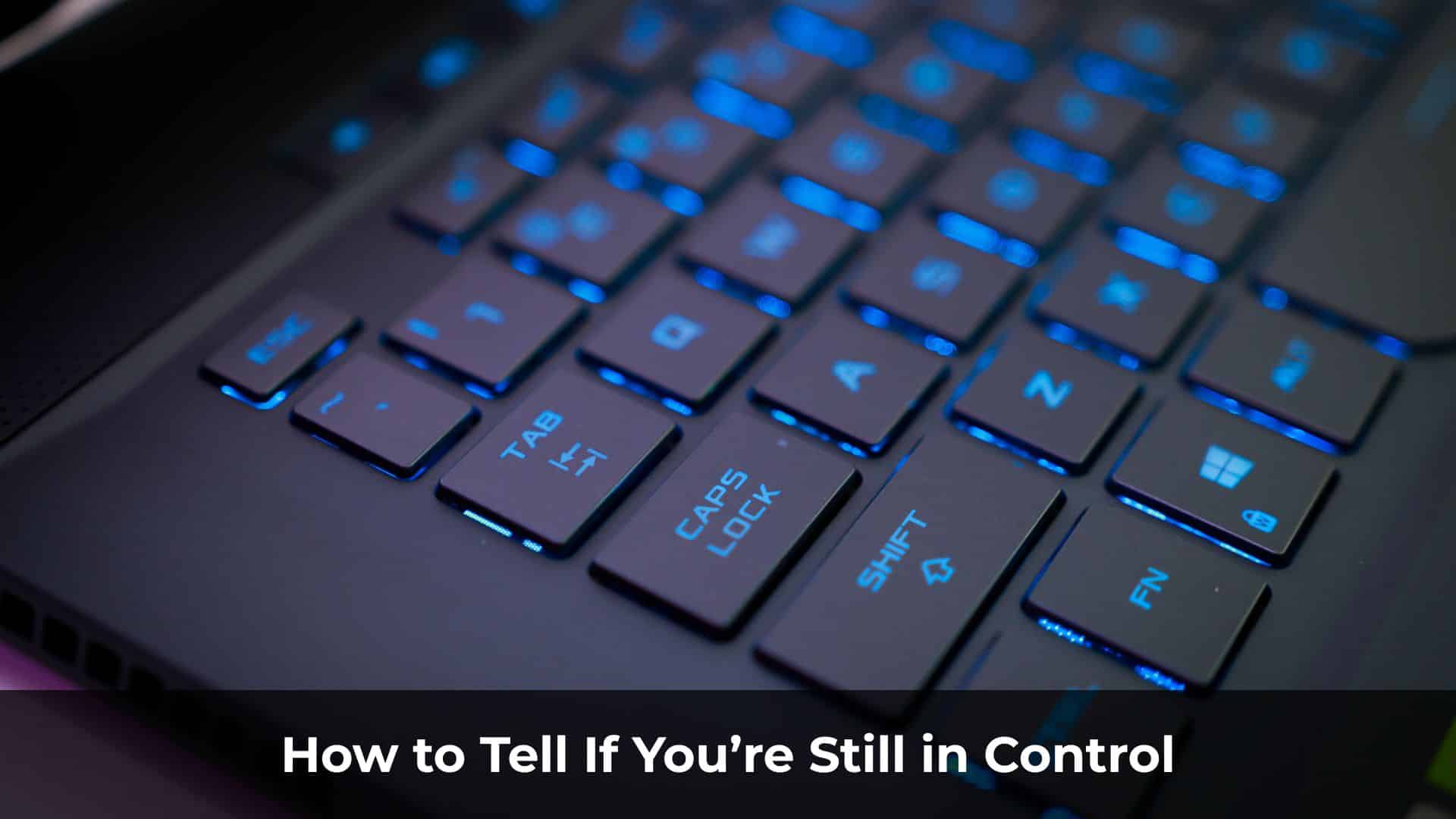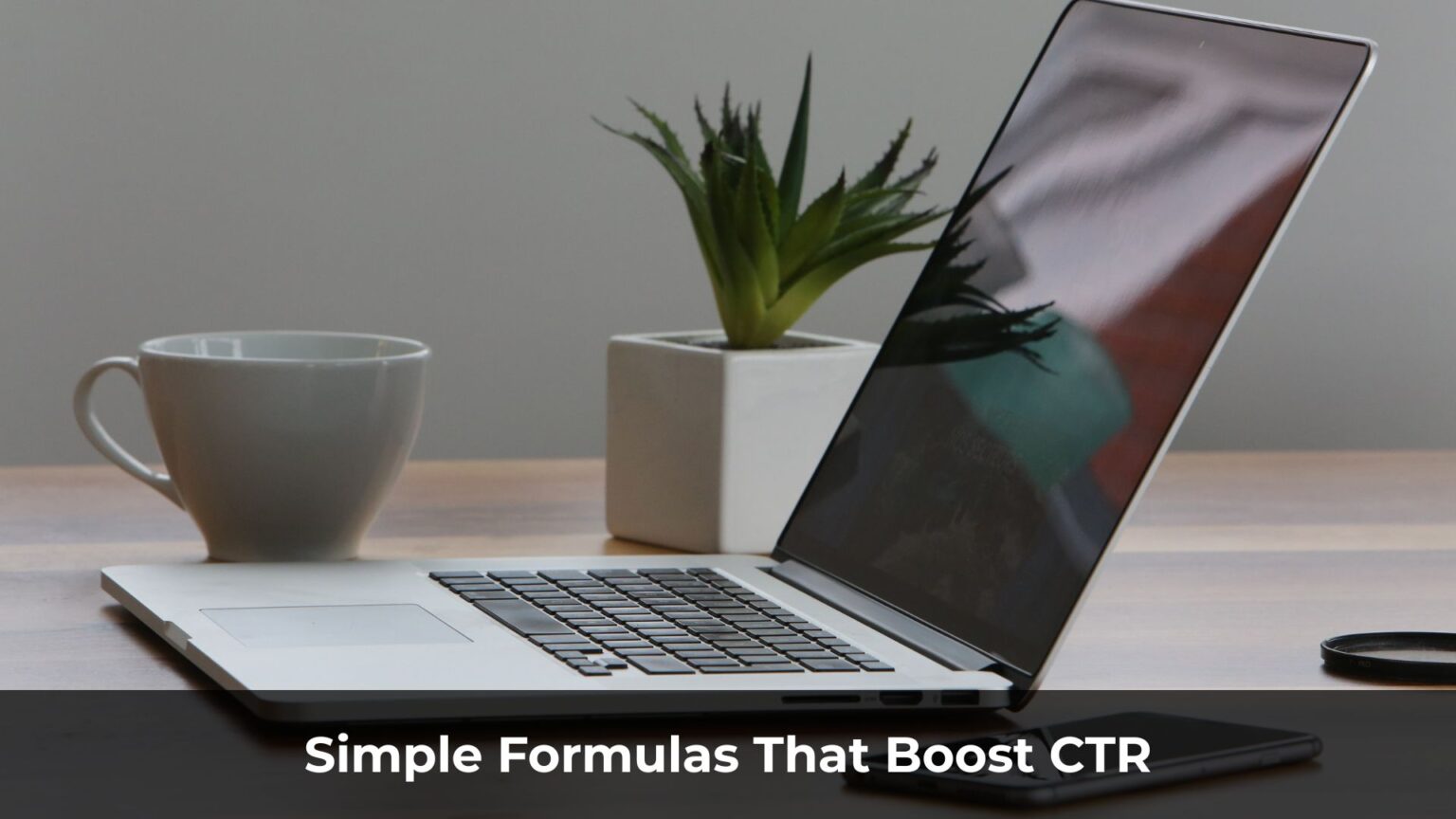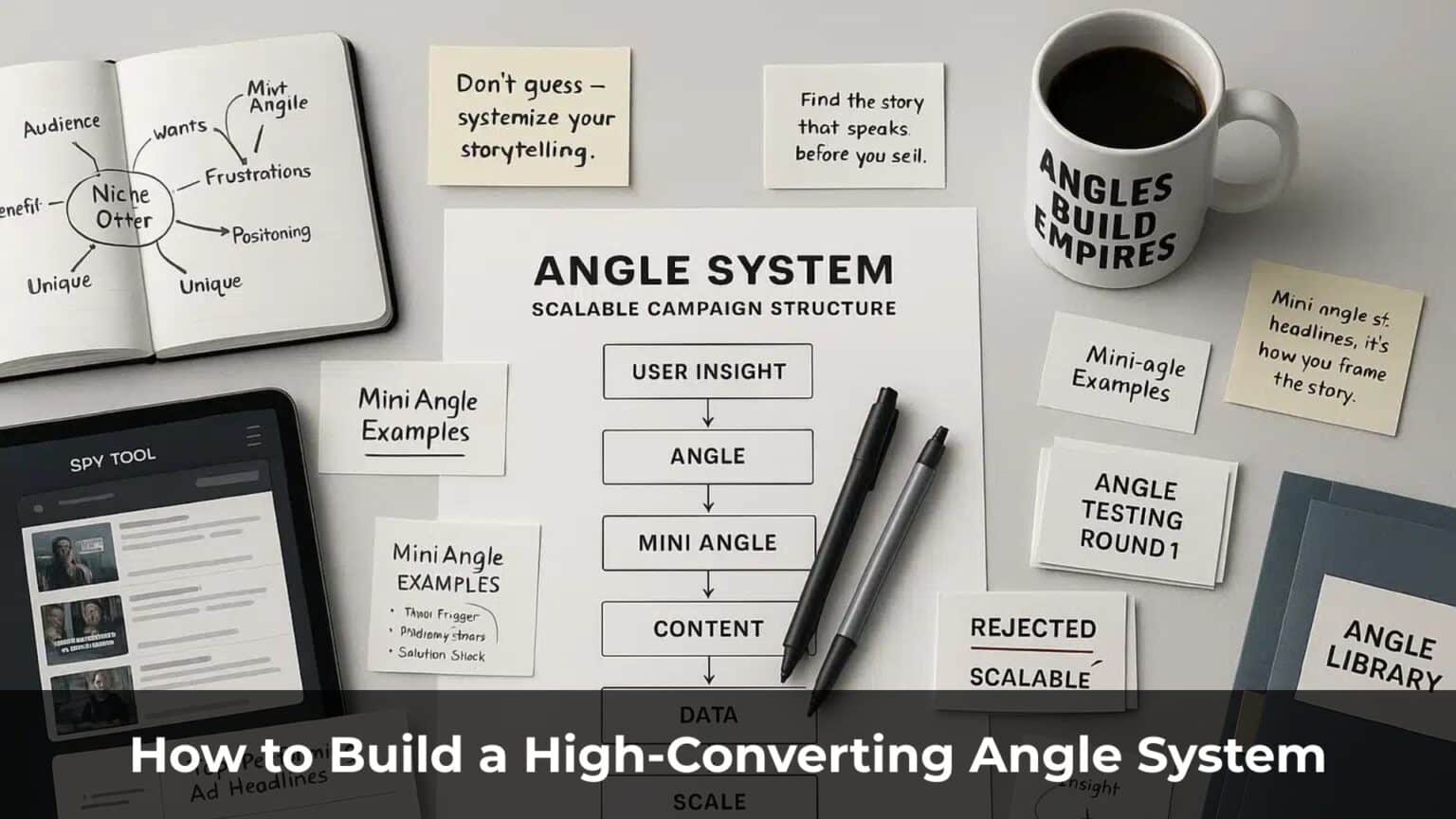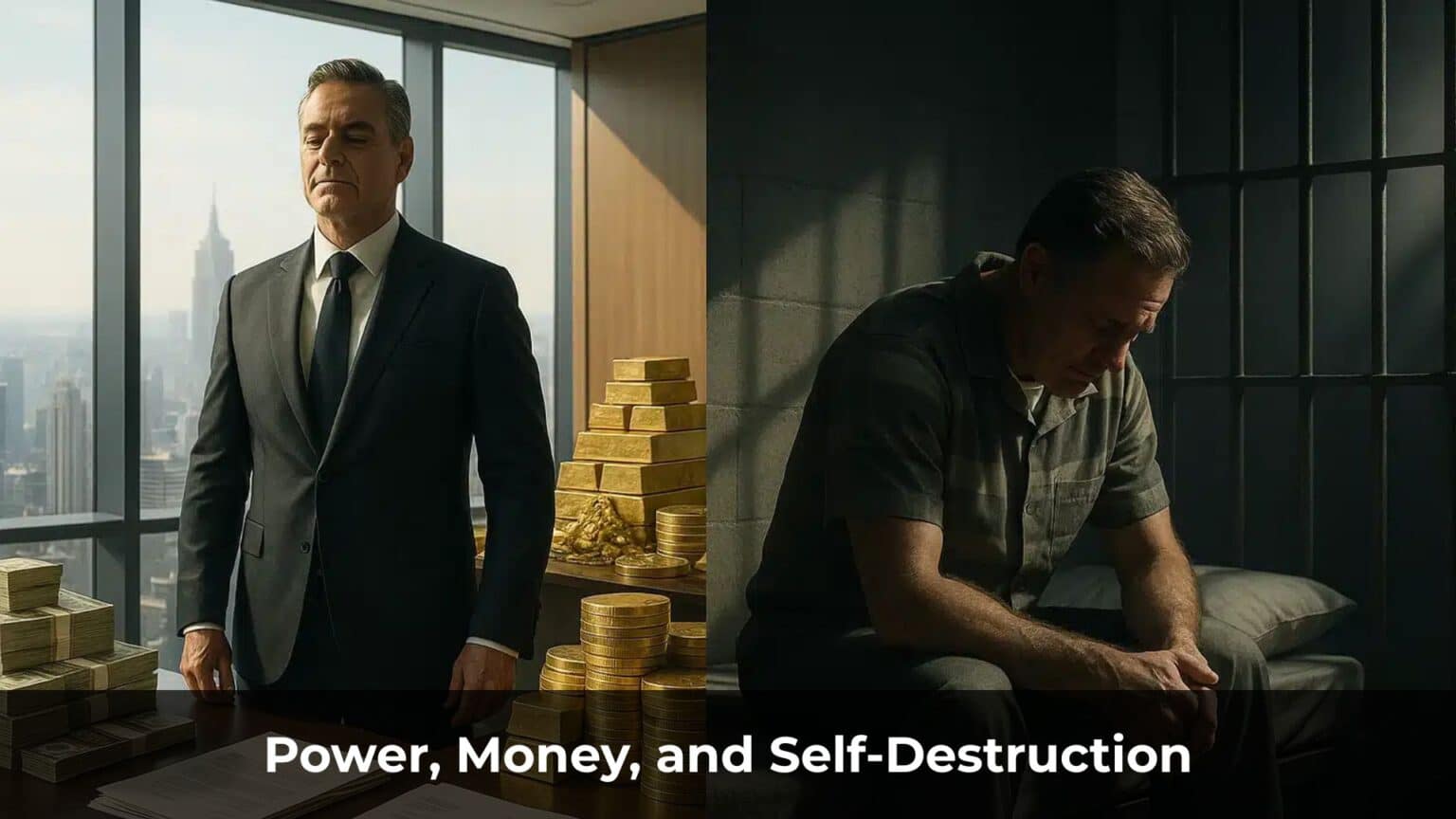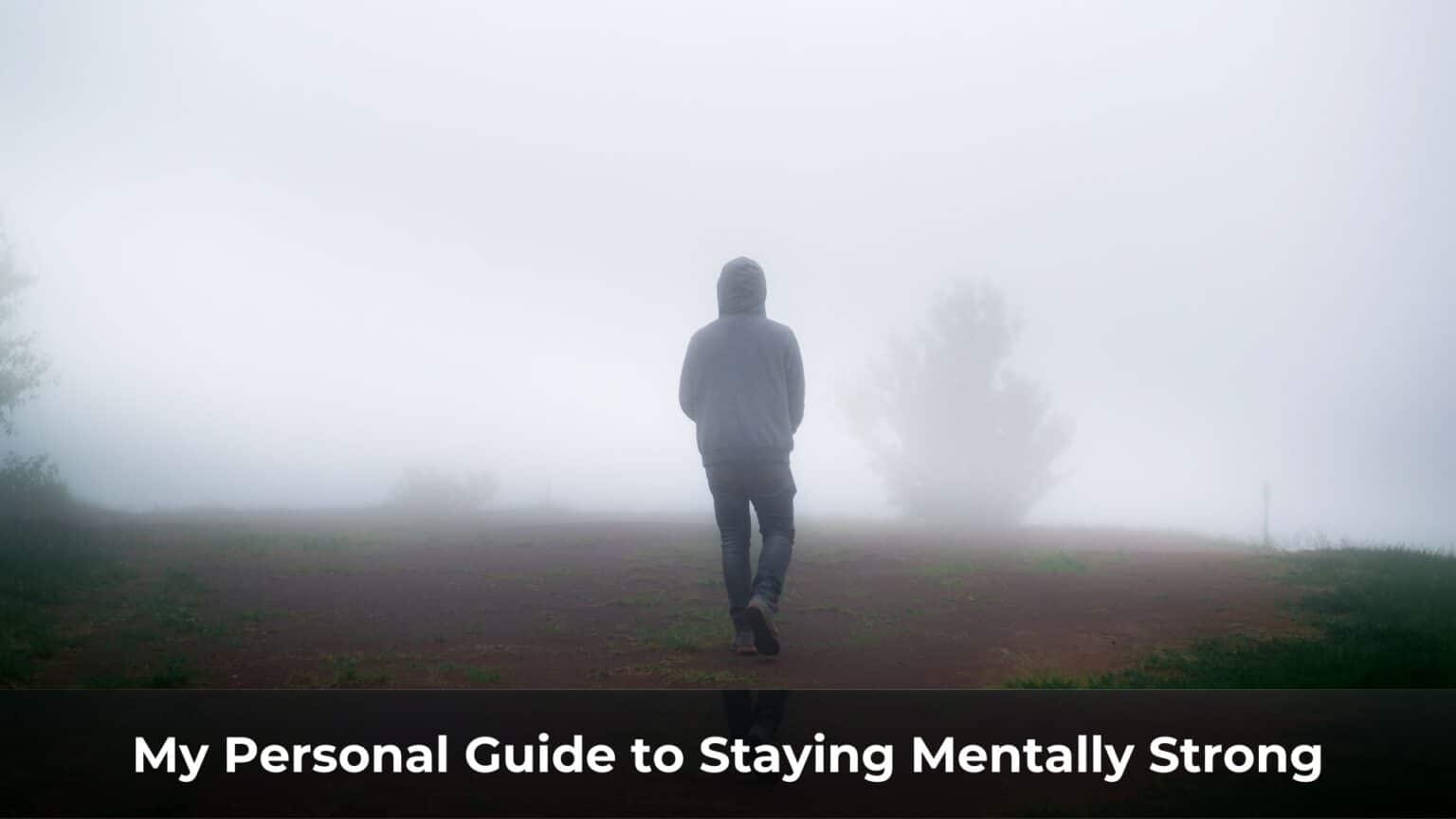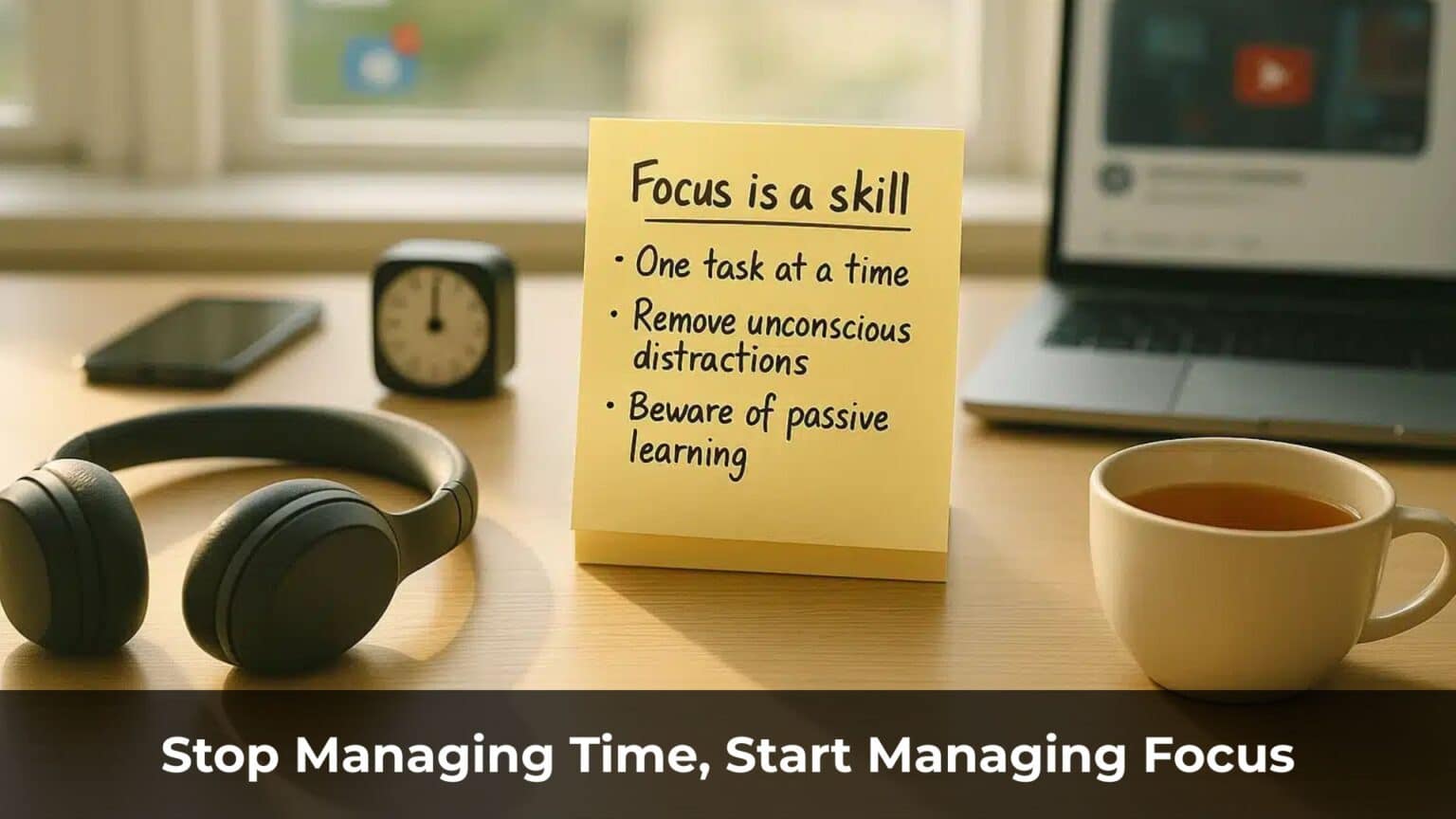For many, gaming is just a casual pastime — a way to relax and unwind for a short while each day. But for others, it’s seen as an unhealthy habit, a time sink, or even an addiction.
Often, the loudest complaints come from concerned parents watching their children spend hours in front of a screen, or from partners who feel neglected because their significant other is too absorbed in a game.
But when both sides sit down and talk, the gamer usually insists, “It’s not an addiction — it’s just a hobby, something I enjoy.” To them, it’s harmless fun.
In this article, we’ll explore the line between healthy entertainment and harmful addiction. Believe it or not, gaming can actually have benefits — if you know how to manage it. The key lies in one word: balance.
Table of Contents
ToggleIs Gaming Just a Hobby — or Are You Actually Addicted?
A hobby is something you enjoy doing in your free time — after you’ve taken care of your responsibilities at work, with your family, and in society. It’s meant to bring joy and relaxation, not to take priority over everything else.
Addiction, on the other hand, begins when that hobby starts to outweigh everything else in your life.
If gaming is truly just a hobby, you’ll play during your downtime, and it won’t interfere with other aspects of your life. You’re in control — not the game.
But when you’re addicted, the game becomes more important than school, relationships, health, or even basic routines. What does that look like in real life? Let’s break it down.
A Real-Life Example of Gaming Addiction
Imagine a student who comes home from school. Instead of doing homework or even taking a break, he heads straight to his console or computer. Nothing else matters — only the game.
Another telltale sign: skipping physical activity. Addicted gamers often reduce or avoid outdoor exercise, just to have more time to play. Some might even justify this by calling gaming an “e-sport” — but the reality is, their lifestyle becomes increasingly sedentary.
Late-night gaming is another red flag. Staying up into the early hours to play not only destroys sleep but can also throw daily life into disarray.
Relationships can suffer too. Male gamers, in particular, may grow distant from their partners, prioritizing screen time over meaningful connection.
In more serious cases, the urge to play becomes so strong that people rush through work just to get home and fire up their favorite game — treating it like a reward they’re desperate to reach.
How to Tell If It’s an Addiction
Here’s a simple rule: If you’re rearranging or cutting out parts of your life just to make more time to play, then it’s not “just for fun” anymore. That’s a clear sign of addiction — whether you want to admit it or not.
Many people insist they’re only playing casually. But true casual gaming happens in spare time. If you’re deliberately sacrificing sleep, exercise, relationships, or work performance just to game, you’re no longer in control.
Of course, addiction exists on a spectrum. Some people are mildly affected, others severely.
It often starts innocently — just curiosity. But for most, it gradually intensifies over time. Left unchecked, it can spiral.
In Japan, for example, there have been extreme cases where young adults lock themselves away for years, gaming nonstop. They avoid social contact entirely, and their parents are left to bring them meals. That’s not just addiction — that’s a crisis. But it rarely happens overnight. It builds up, year after year.
How to Enjoy Gaming Without Getting Addicted
So, how can you enjoy gaming without letting it take over your life? How can you make time for it as a healthy form of relaxation — without falling into the trap of addiction?
The first step is simple but powerful: handle your responsibilities first. Finish your work. Take care of what truly matters — your job, your family, your health. Once that’s done, you can enjoy gaming guilt-free, knowing it’s a reward, not an escape.
But if you find that once you start playing, you lose track of time — hours pass, responsibilities pile up, and you can’t stop — then it might be time to hit pause. Not just on the game, but on the role it’s playing in your life.
The goal isn’t to quit forever. It’s to regain control.
You should be the one managing your gaming — not the other way around. Gaming should be something you choose to do, not something that chooses for you.
It’s not about cutting it out completely. It’s about creating balance — the kind of balance that lets you enjoy games while still moving forward in life.
Replace the Habit with a Better One
One of the simplest ways to quit gaming is to replace it with another hobby — something just as engaging, but more enriching.
Get a pet. Learn martial arts. Pick up a musical instrument. Dive into books. Go cycling. Try camping. Spend time at the park. Join events or volunteer in your community. Start running. Take up cooking.
There are countless exciting activities that can fill the space gaming once occupied. You could visit the library, go shopping, listen to podcasts, try fishing, or even start gardening.
The key is to keep yourself busy with things that bring value and variety to your life. Over time, you’ll start to forget about gaming — because truthfully, it’s not essential. It shouldn’t have power over your time, your energy, or your priorities.
And here’s another powerful mindset shift: sacrifice your gaming time to invest in your career. The progress you’ll make — in skill, income, and opportunities — is far more rewarding than leveling up in a virtual world.
Quit Gaming to Level Up Your Career
Here’s a powerful mindset shift: Instead of being passionate about games, be passionate about your career.
When you find joy in your work, you stop watching the clock. You work with energy, you grow, you thrive — and yes, you earn more. There’s a deep sense of satisfaction that comes from professional growth that no video game can match.
But let’s be honest — that’s easier said than done. Many people feel stuck in jobs they dislike, dreaming of quitting but feeling trapped. In that mindset, it’s hard to feel motivated, let alone passionate.
That’s why your free time matters. Use it wisely. Learn a new skill. Build a side hustle. Push yourself to create opportunities. Lay the foundation for a better career — one that you actually enjoy.
Because here’s the truth: if you’re young, your career is the engine for everything else — your future family, your financial freedom, your ability to give back. But if you’re addicted to gaming, your focus, productivity, and long-term earning potential all suffer.
So maybe it’s time to sacrifice short-term fun for long-term success. Put the controller down — and pick your future up.
